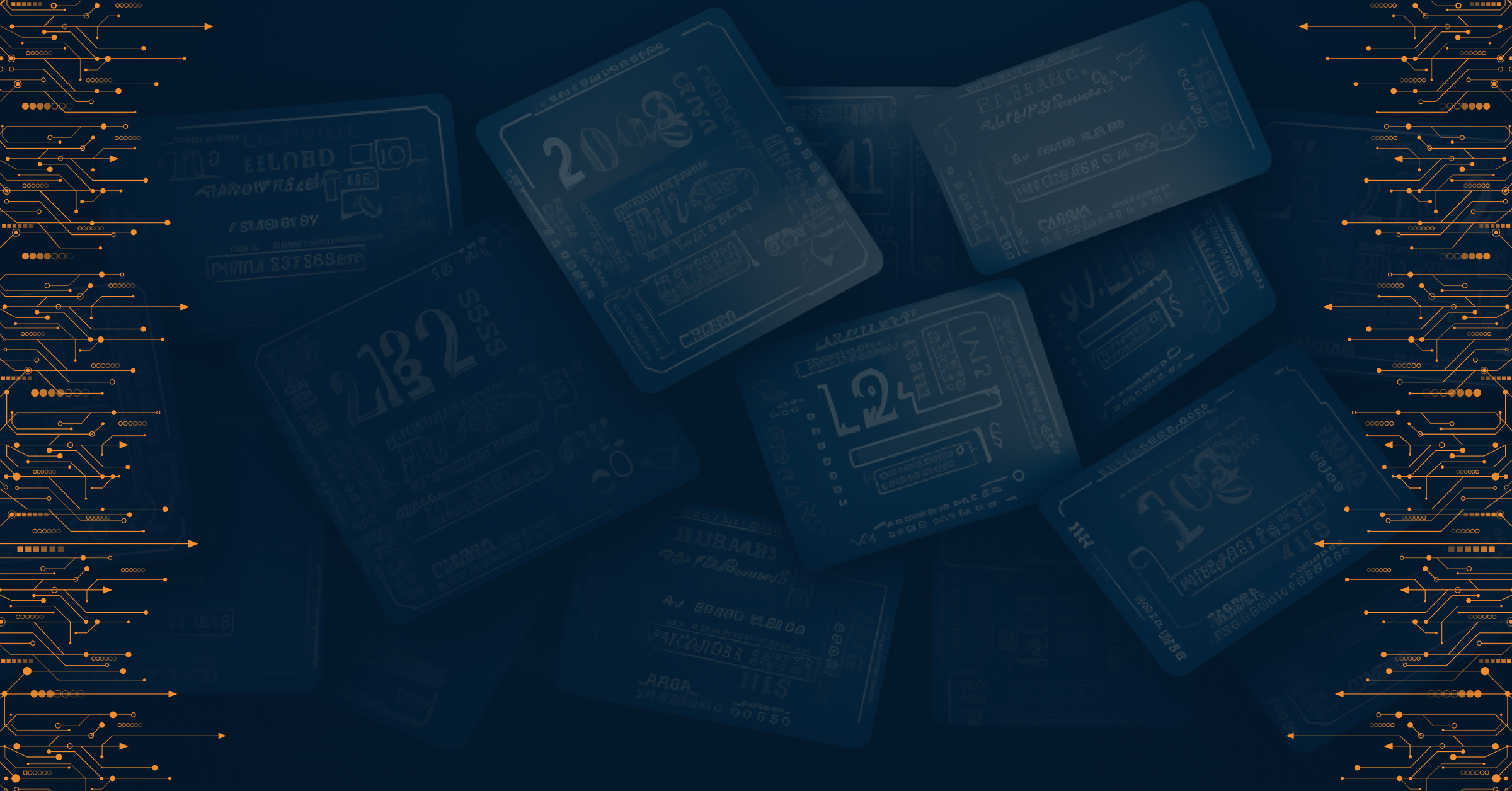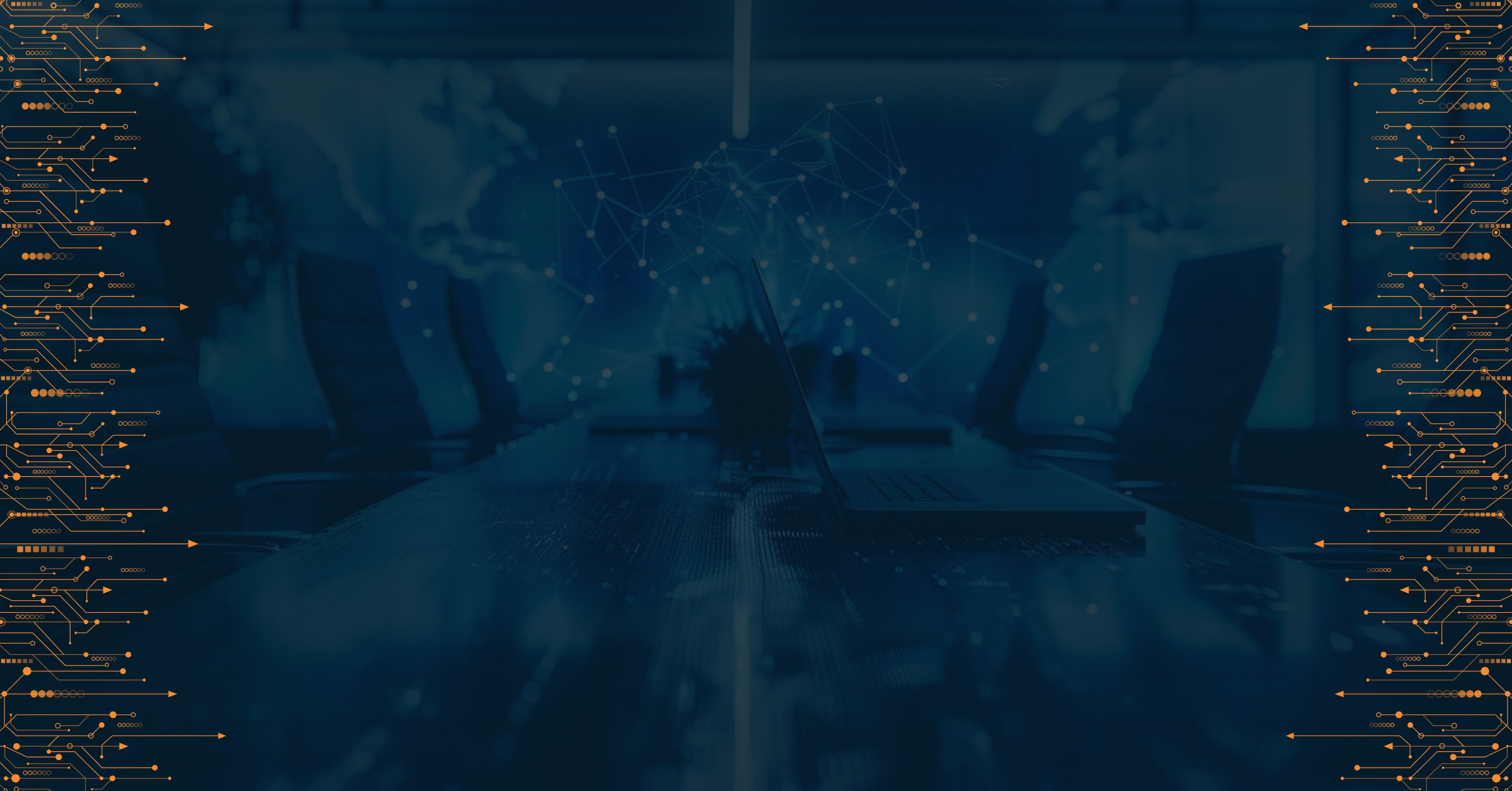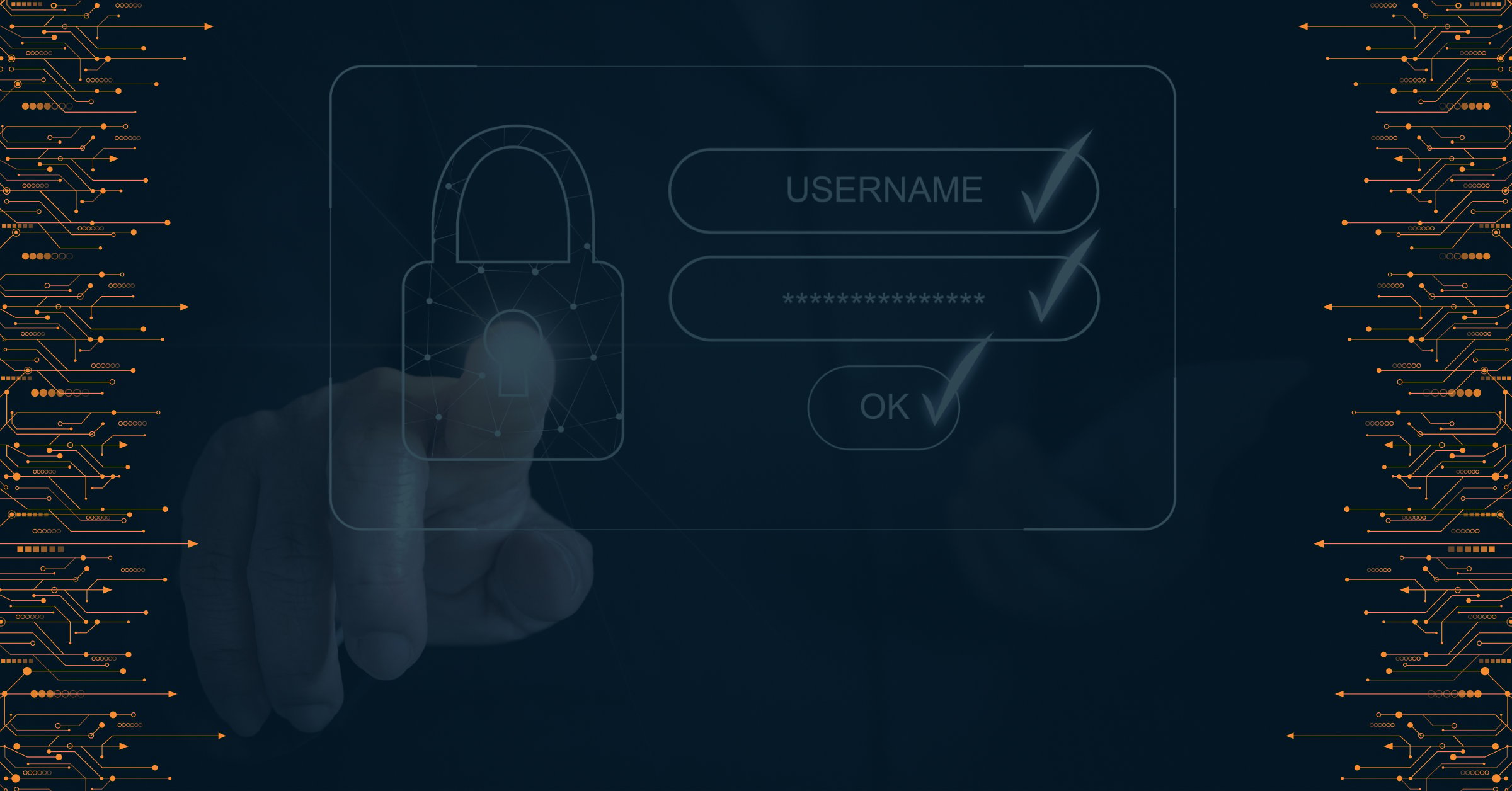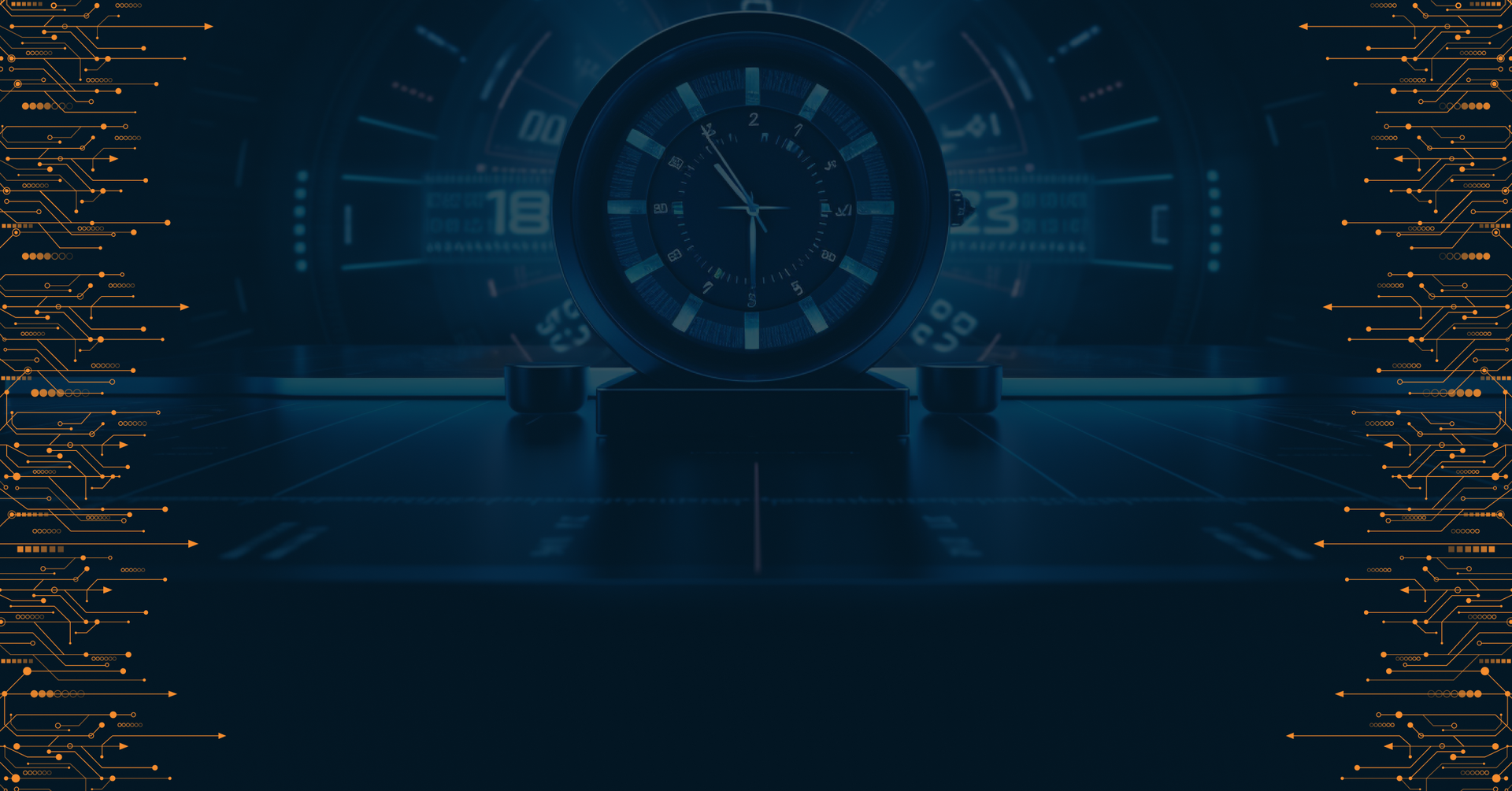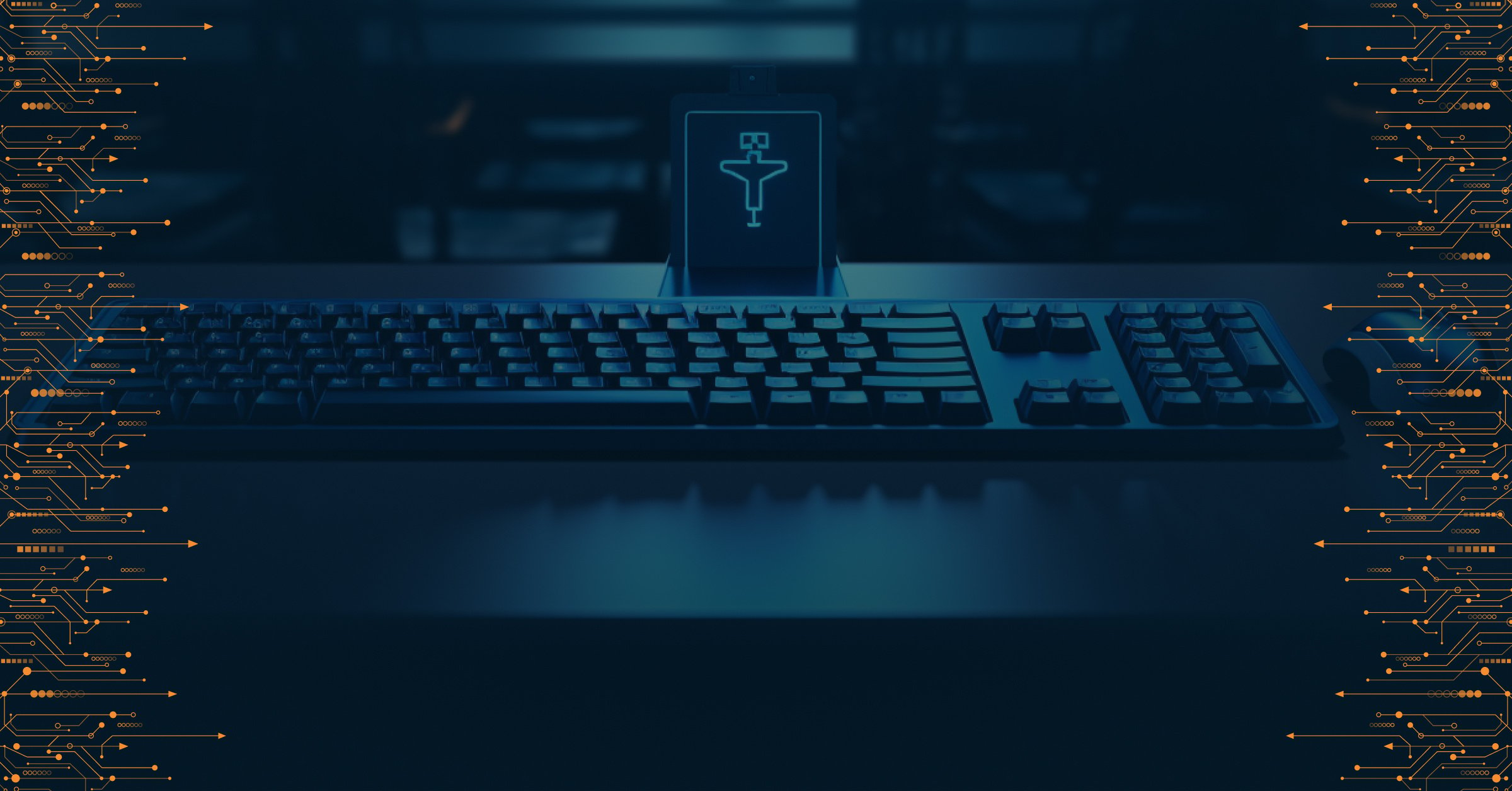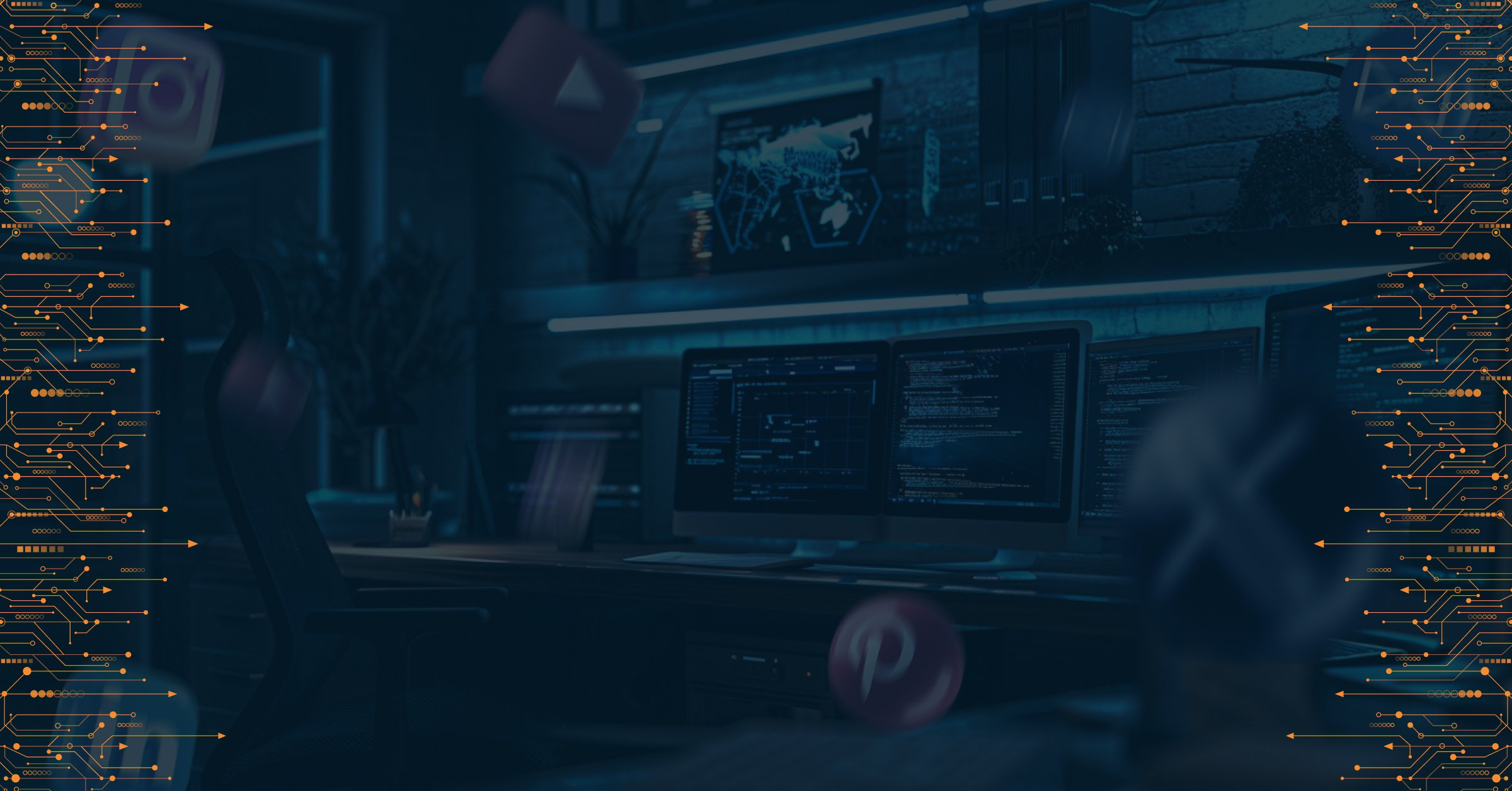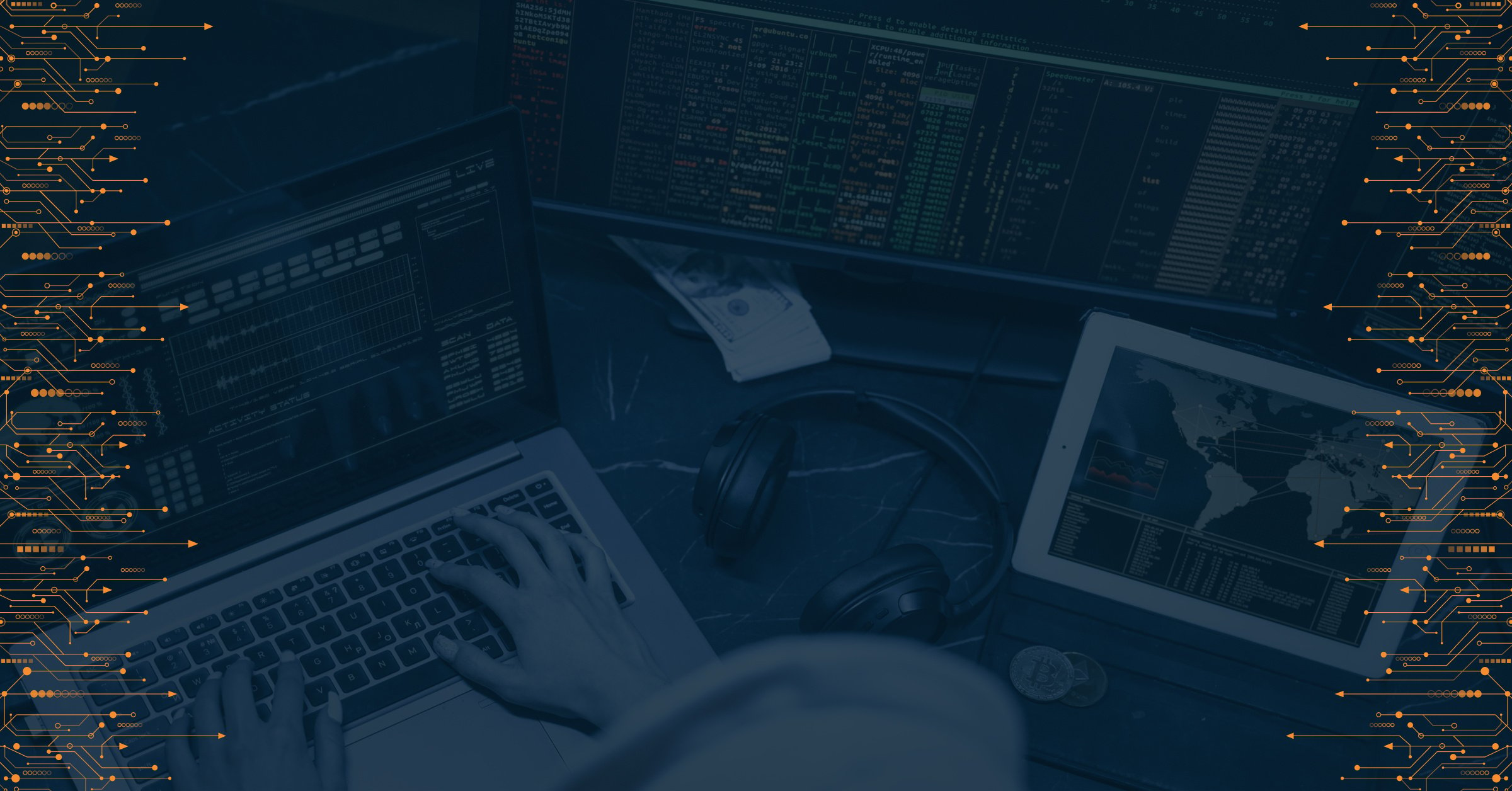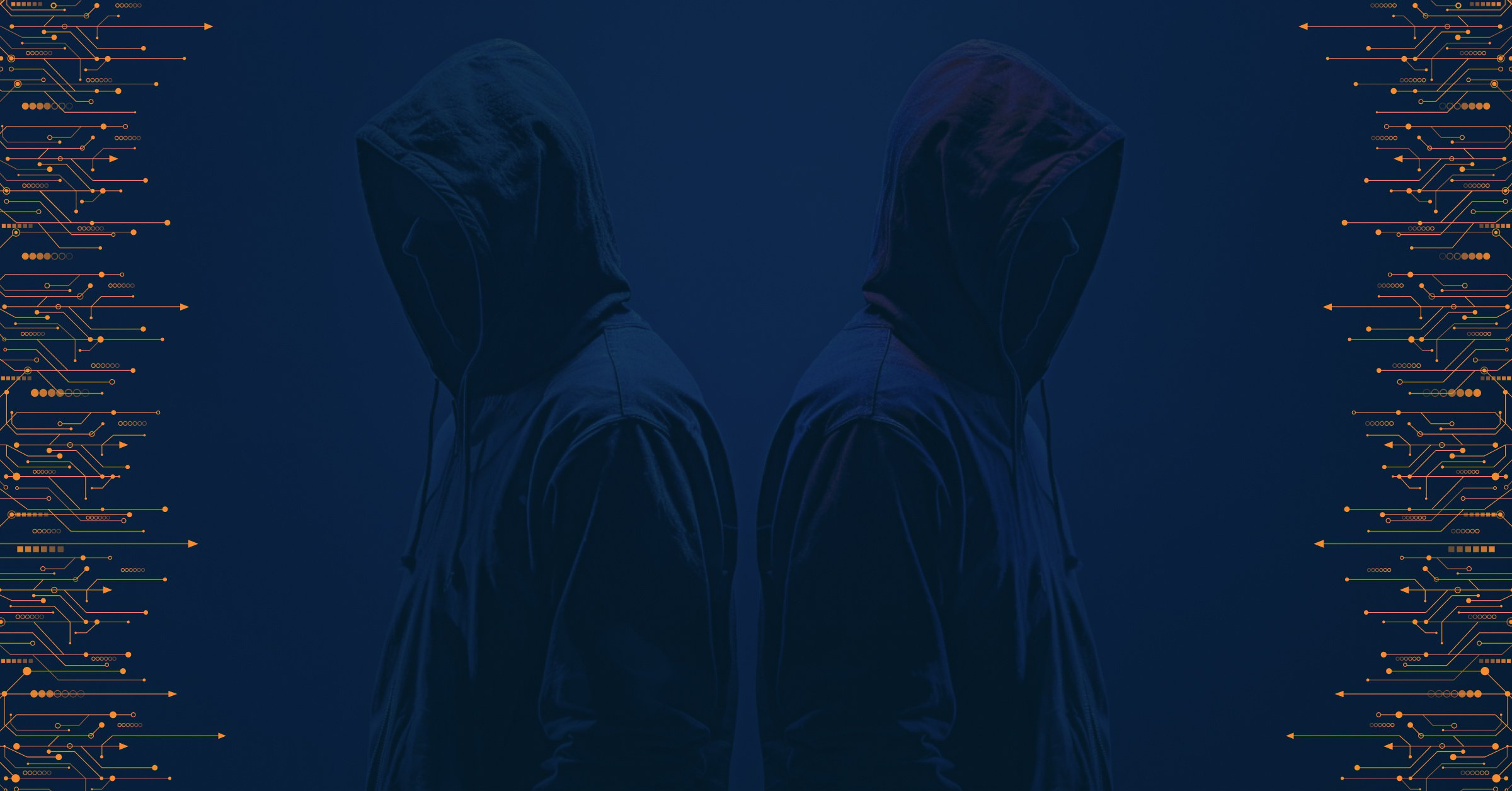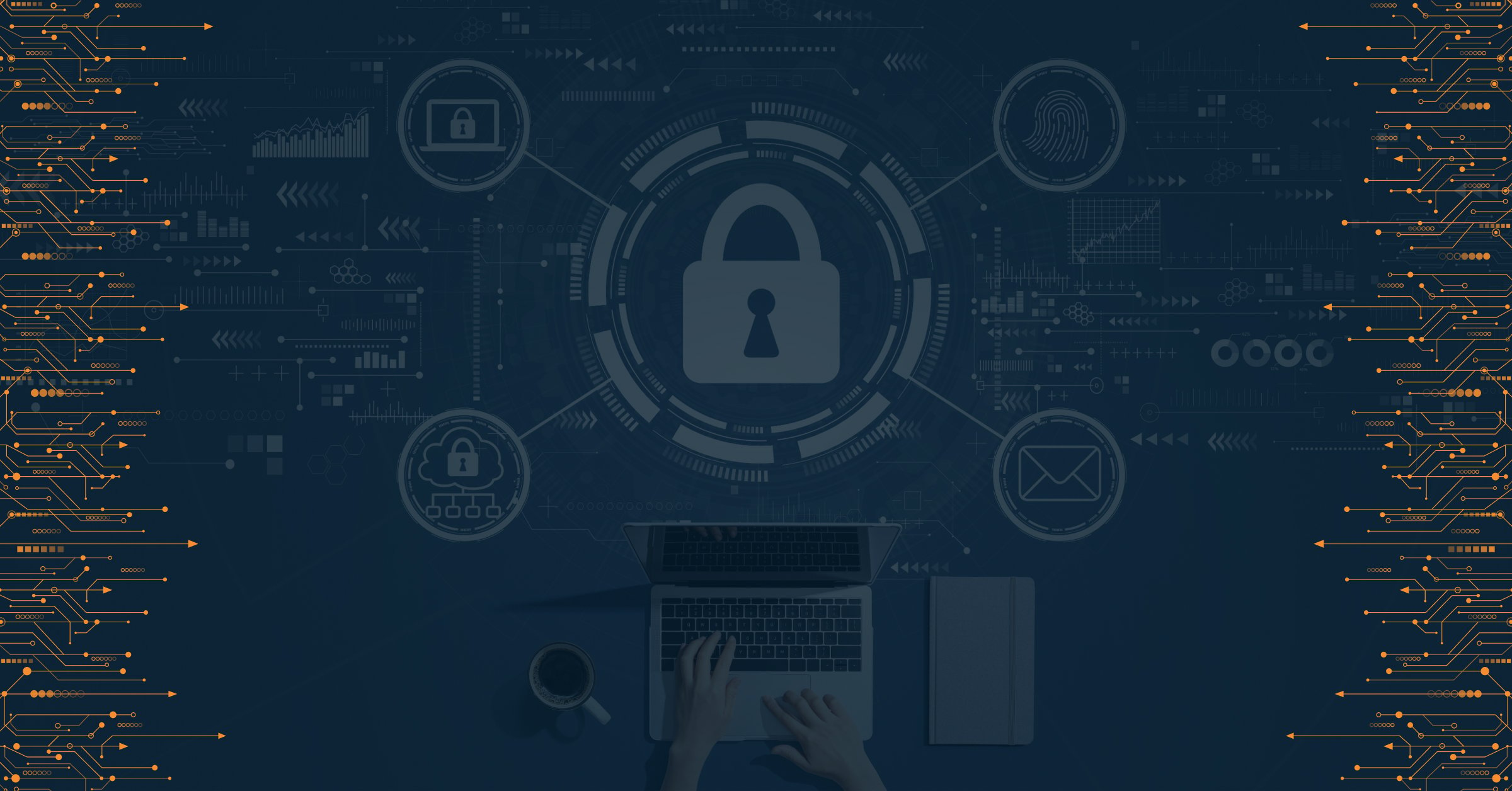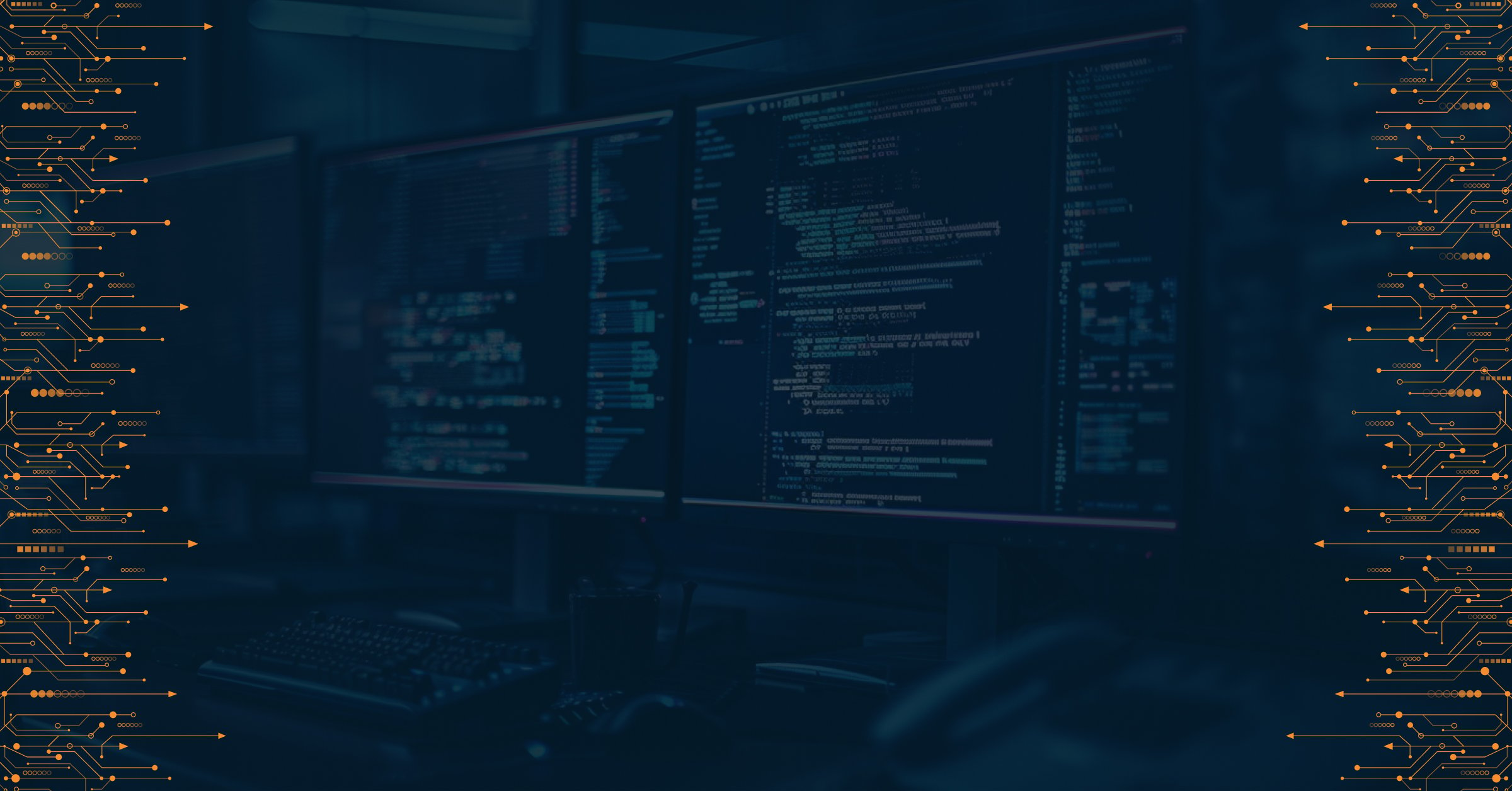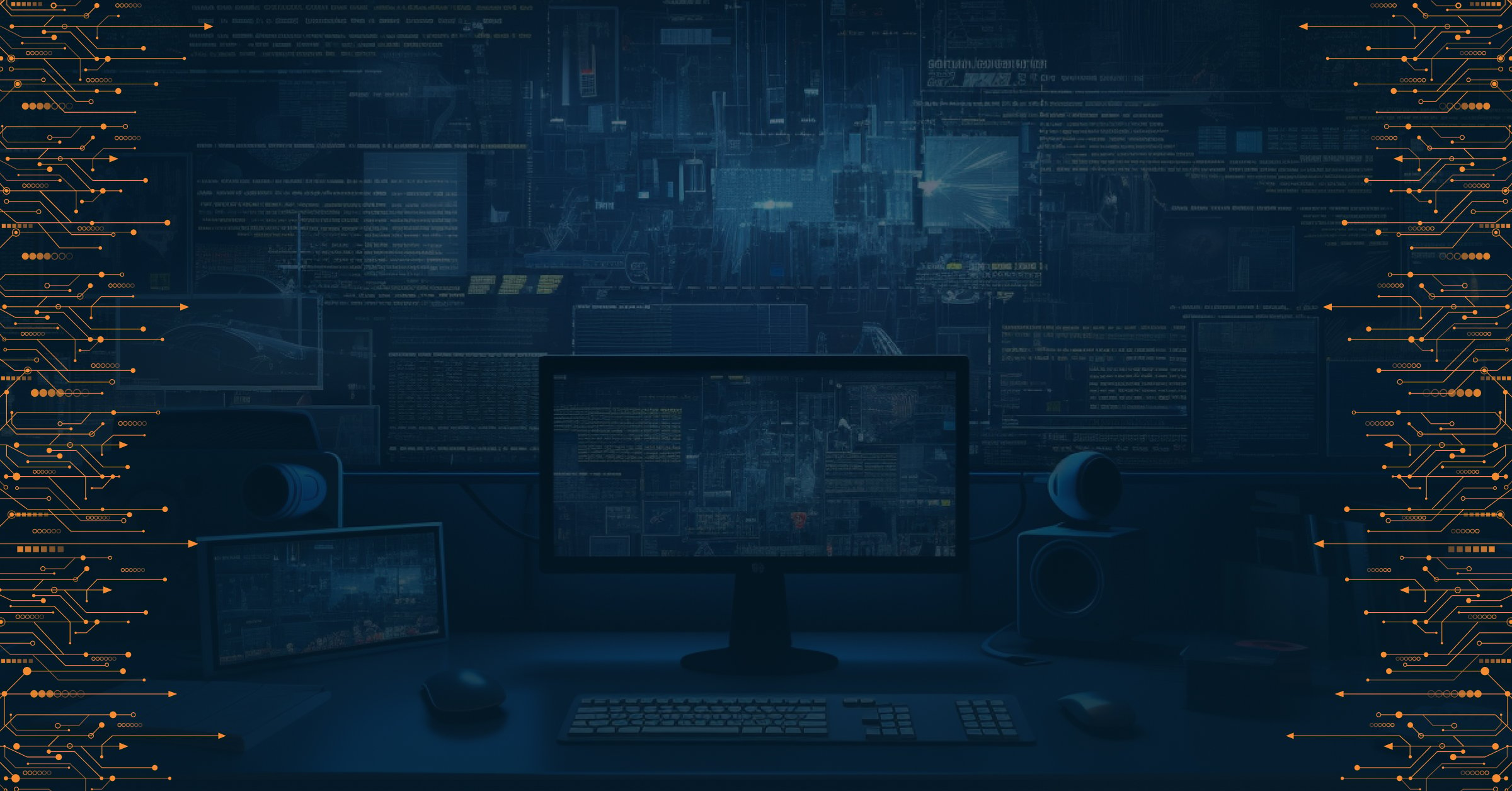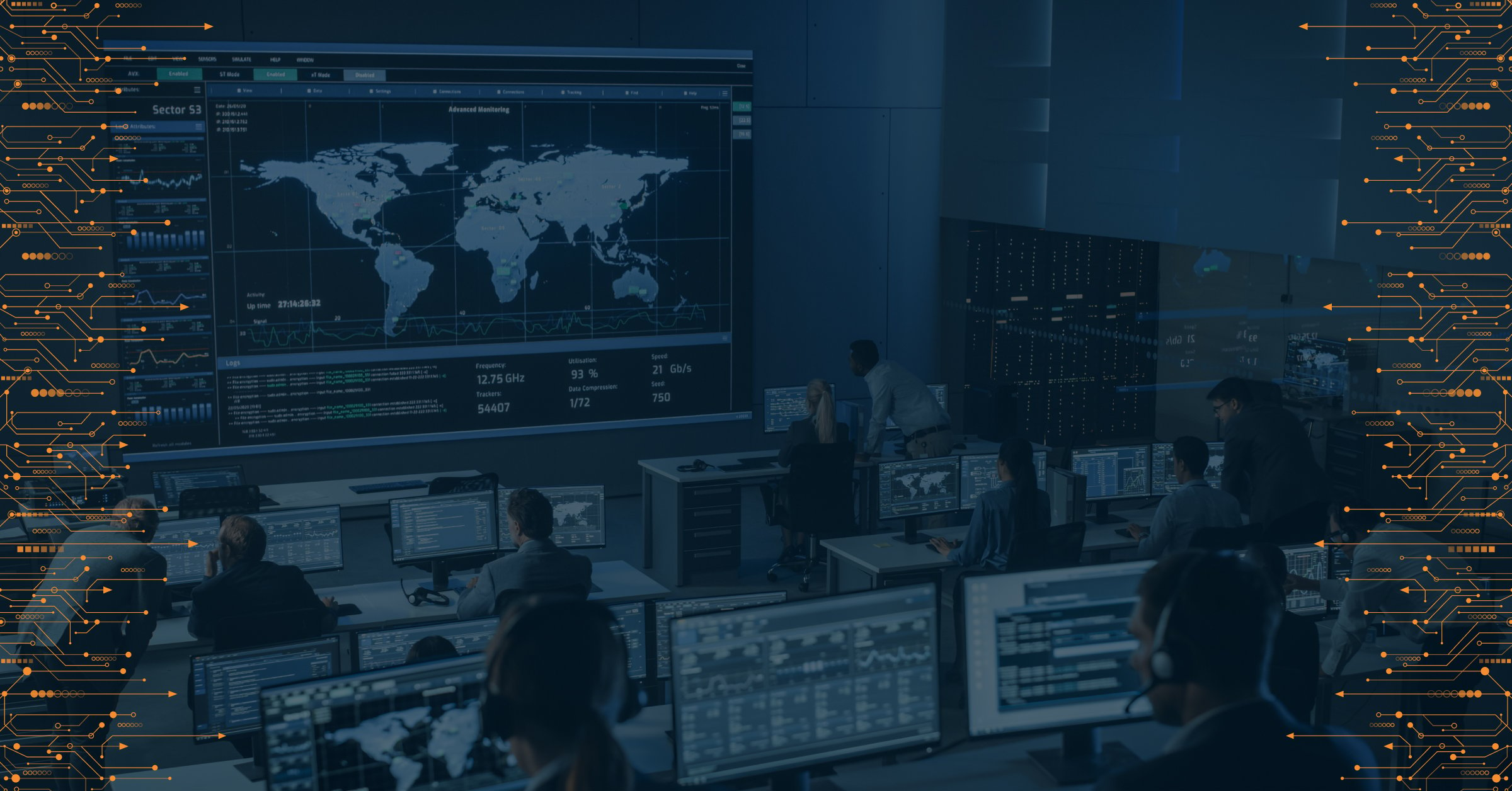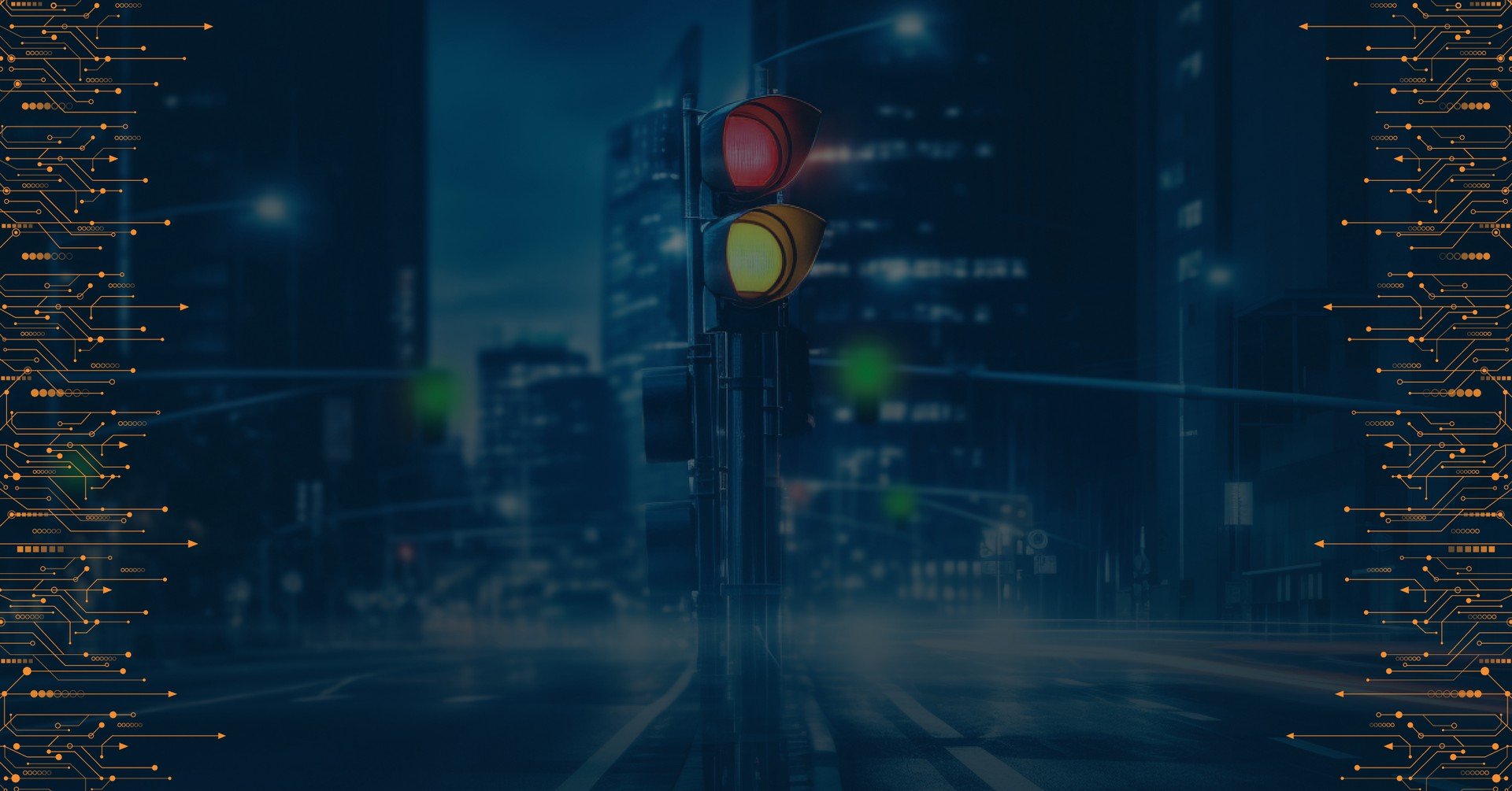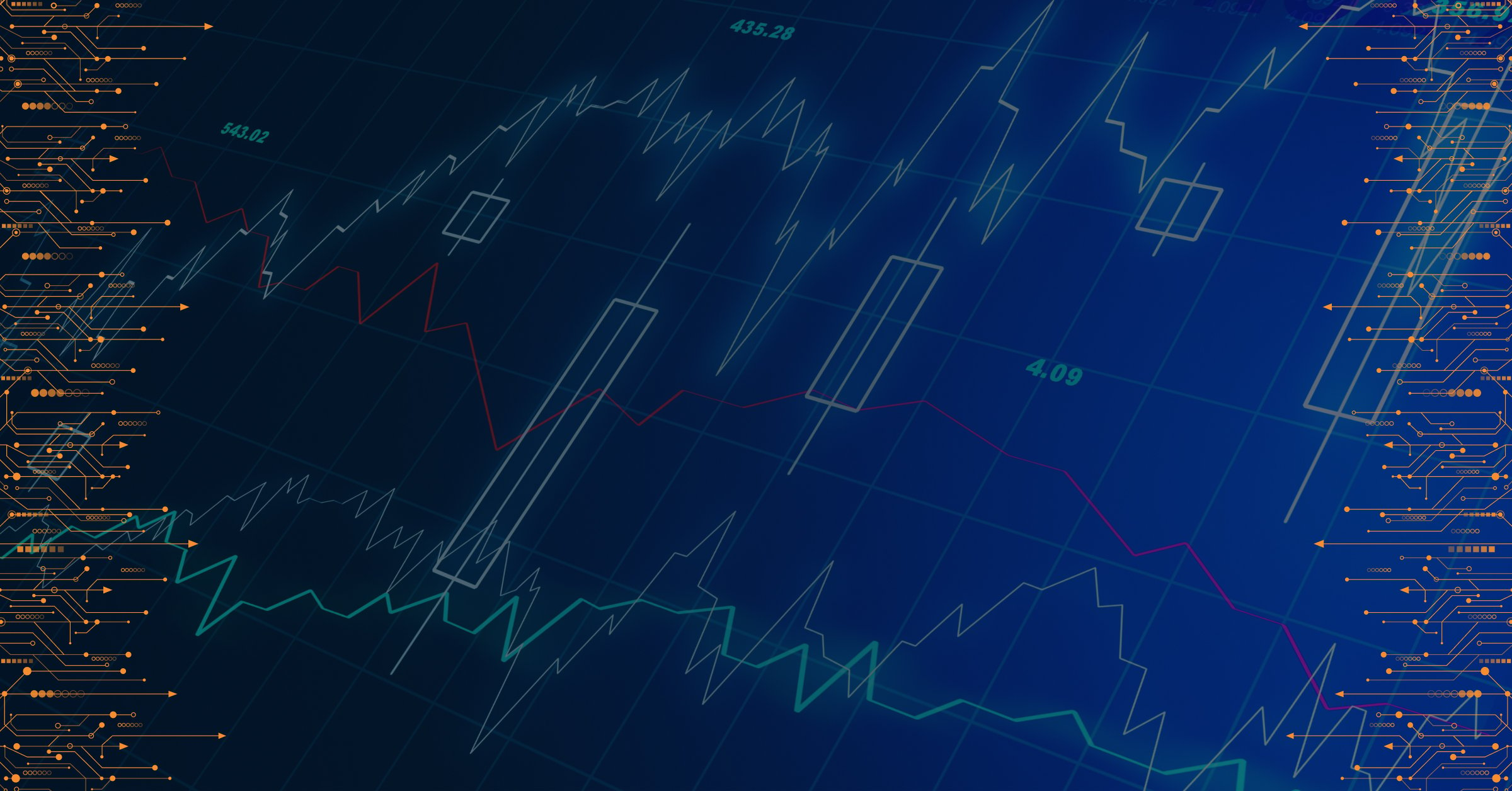The whole world has noticed an eminent rise among remote workers. They are hired by companies and allowed to work from the comfort of their homes or any other location globally. They work from this location instead of commuting daily to the office. The idea is peaceful and certainly has its benefits, but the adaptability affects cybersecurity to some extent. Therefore, we are here to make you aware of the risks that come with remote work for your company’s cybersecurity.
Ways Remote Work Affects Cybersecurity
The idea of remote working has relaxed many candidates who, for a multitude of reasons, do not visit the office regularly. The option has provided them with ease and flexibility, but on the other hand, it has also elevated the risks of cybersecurity for their companies. What threats does working remotely pose? There are multiple:
Email Phishing
The corporate industry communicates through emails. This gives an excellent chance for the hackers to lure the user and compel them to fall into their well-designed trap. They might convince the person that they are a reliable individual from the company and ask for their personal login information, making it difficult to confirm their true identity in person. This login info is further used to access their accounts to steal their data. This data aids them in committing identity theft and obtaining confidential information about the company.
You will be shocked to know that phishing emails have become so authentic that sometimes it is nearly impossible to distinguish between real and fake emails. The authorities overlook it when the email reaches their inbox instead of getting redirected to spam folders. Scary, isn't it?
Security Controls Are Not Strong Enough
Firewall protocols and email policy do not apply to remote working conditions. The corporate environment has them for the data to remain safe usually within the office systems. Still, once the network changes, issues can arise as the remote worker has unshielded the multiple layers of protection to carry on with the office work.
The dangerous part begins from here. There is no monitoring at home to see what happens on the candidate's public network. Hence, the data is on the loose and served on the table for misuse in any way the hacker wishes.
The information is outside the protected parameters, and organizations have very limited options to extend their security measures to the workers and their respectable locations.
Overlooking System Updates
One of the worst examples of carelessness that can be shown in this area is overlooking system updates. Every now and then, the software application sends you alerts and emails to update your system to fix the vulnerabilities or to update the systems. These updates patch any security vulnerability present in your systems.
Delaying the deed leaves the remote workers exposed to the online thieves out there. These criminals feel happy observing that the software is yet to be updated, and there they can enter without any obstacles.
DDoS Attacks Prevent Remote Workers from Delivering Their Tasks
With so many viruses left out in the wild, DDoS attacks are not behind. The Distributed Denial of Service attack deluges the internet connection of the remote worker, preventing them from delivering their tasks. Remote workers are completing their assigned tasks from home but are not able to submit the tasks or save the data.
Therefore, they have their public network to use. The attack will leave them with no substitute Wi-Fi, causing a disturbance in their workflow. Failure to complete the tasks due to the attack might result in issues with all degrees of seriousness.
Struggle To Monitor Employees' Online Behaviour
When remote workers don't have to visit the office physically, they might be prone to engage in online behavior which can be risky or browse websites which would not be acceptable in the office structures. This leaves cybersecurity in a tough position as they cannot keep track of the employee's online conduct and implement relevant security policies in the remote working environment.
Is The Wi-Fi Network Secured?
Remote candidates focus on assessing the corporate resources and don't bother much when using random Wi-Fi networks. This is not ideal because the security of a Wi-Fi network matters, especially when you are unlocking the corporate door.
No layers of protection add to the cyber criminal's delight in attacking your system and ripping you off with the data. For example, this issue became so problematic that it led CISA to issue a serious warning advisory regarding the cyber threat.
Bring Your Own Device
Workers who bring their devices to the office launch their levels of risk. The company might have a Bring Your Own Device policy, but the convenience holds great difficulty. How?
Those personal devices may not comprise the same security as the office’s internet, mobile, and computer devices, emerging as a significant threat. All in all, it is not recommended to mix up personal and work devices as this could pose future harm to the security of the handled information.
Weak passwords
Remote workers who keep weak passwords instead of the ones that are challenging to guess are exposed more to data breaches, welcoming attackers regularly. However, this applies to both office and remote workers who are not aware of the threat this practice poses.
How Do You Minimise the Security Pitfalls for Remote Workers?
Remote workers can execute their tasks and minimise any distortions or further harm by following the below-mentioned tips:
Use Virtual Private Network (VPN)
Data says that 43% of remote employees make the most of virtual private networks. Encourage the usage of private networks to create a safe working environment that is end-to-end encrypted for secure communication between the office resources and the employee.
The VPN serves as a shield when the remote candidates are working through an unsecured Wi-Fi connection.
Introduce and Implement Work from Home Security Policy
If you have yet to introduce a work-from-home security policy, introduce it as soon as possible. Data breaches are rising, and measures must be taken seriously to reduce the number of attacks. Therefore, the policy should include the guidelines necessary for the remote workers. Mention the clauses related to acceptable devices that can be used on the premises, discuss security measures, and discuss remote access procedures.
Public Wi-Fi Should Be Avoided at All Costs
Remote workers must avoid using public Wi-Fi at all costs. The public network and its accessibility allow the attackers to steal the relevant data and misuse it to their advantage. Corporate work can’t be completed on weak internet connections. Therefore, a VPN is recommended for enhanced security.
Work Data Should Be Kept on the Work Device
This is a mistake that employees make when merging their work data on personal devices. Remote workers should be asked to keep their work on their work devices, separated from their personal ones. This measure reduces the risk of individual applications where corporate information can be compromised.
Implement Unified Cybersecurity Solutions
The best way to ensure no data will be leaked or that login information hasn't been compromised is to employ a proper cybersecurity solution in the company's workflows. Threat intelligence platforms such as U.S.T.A. allow your company to monitor any suspicious activities or detect leaked credentials, personal information, phishing sites or fake accounts that could compromise the security of your employees or organization as a whole. By keeping all threats checked under one "roof" you get rid of unnecessary workload while ensuring the organisational security stays intact.
Conclusion
The bar of data breaches and cybersecurity is increasing, and companies should show their share of responsibility to maintain first-class security. They should consider it to keep their remote workers content yet secure - no matter which part of the world they contribute from.

PRODAFT Team
Stay up to date
Browse Posts
Browse by topics
- Cybercrime awareness (15)
- Cybersecurity for Businesses (10)
- Risk management (7)
- Cybersecurity Tips (6)
- Digital safety (6)
- Proactive Threat Intelligence (6)
- Cyber threat protection (5)
- Cyberattacks (5)
- Risk intelligence (5)
- Threat Prevention (5)
- Data Protection (4)
- Network Security (4)
- Phishing (4)
- Supply chain risks (4)
- TTPs (4)
- Artificial intelligence (3)
- Critical network infrastructures (3)
- Malicious websites (3)
- Malware (3)
- Social engineering (3)
- Data breaches (2)
- Insider Threats (2)
- NIS2 Directive (2)
- Ransomware (2)
- CISOs (1)
- Cryptocurrencies (1)
- Cyber espionage (1)
- Cyber extortion (1)
- Cyber fraud (1)
- Cybersecurity Collaboration (1)
- DDoS Attacks (1)
- Deepfakes (1)
- DoS Attacks (1)
- Fake social media (1)
- Incident Response (1)
- Internet of things (1)
- Money Laundering (1)
- Multi-factor authentication (1)
- One-day vulnerability (1)
- Remote Work (1)
- Stealers (1)
- SystemBC (1)
- The Cyber kill chain (1)
- Threat Intelligence solutions (1)
- Tor browser (1)
- Traffic Distribution System (1)
- Zero-day vulnerability (1)
- dark web (1)
- deep web (1)
- keyloggers (1)
- social media (1)
- spoofing (1)
- threat detection (1)

